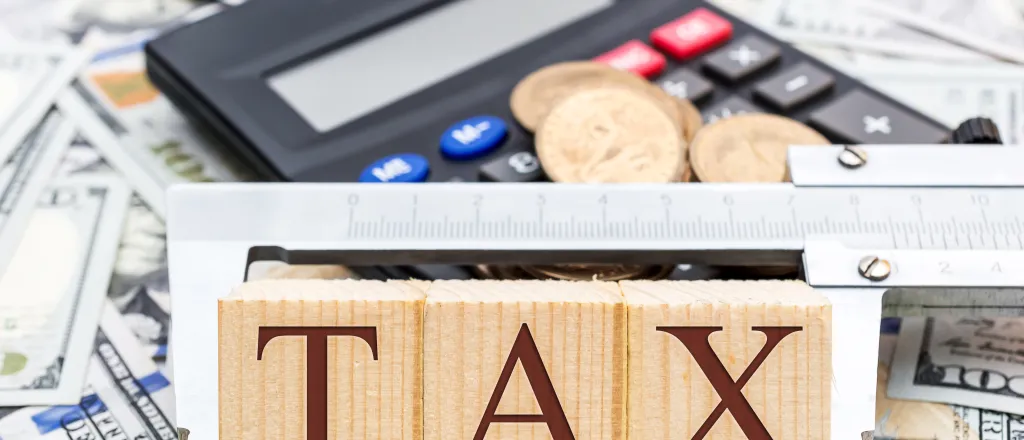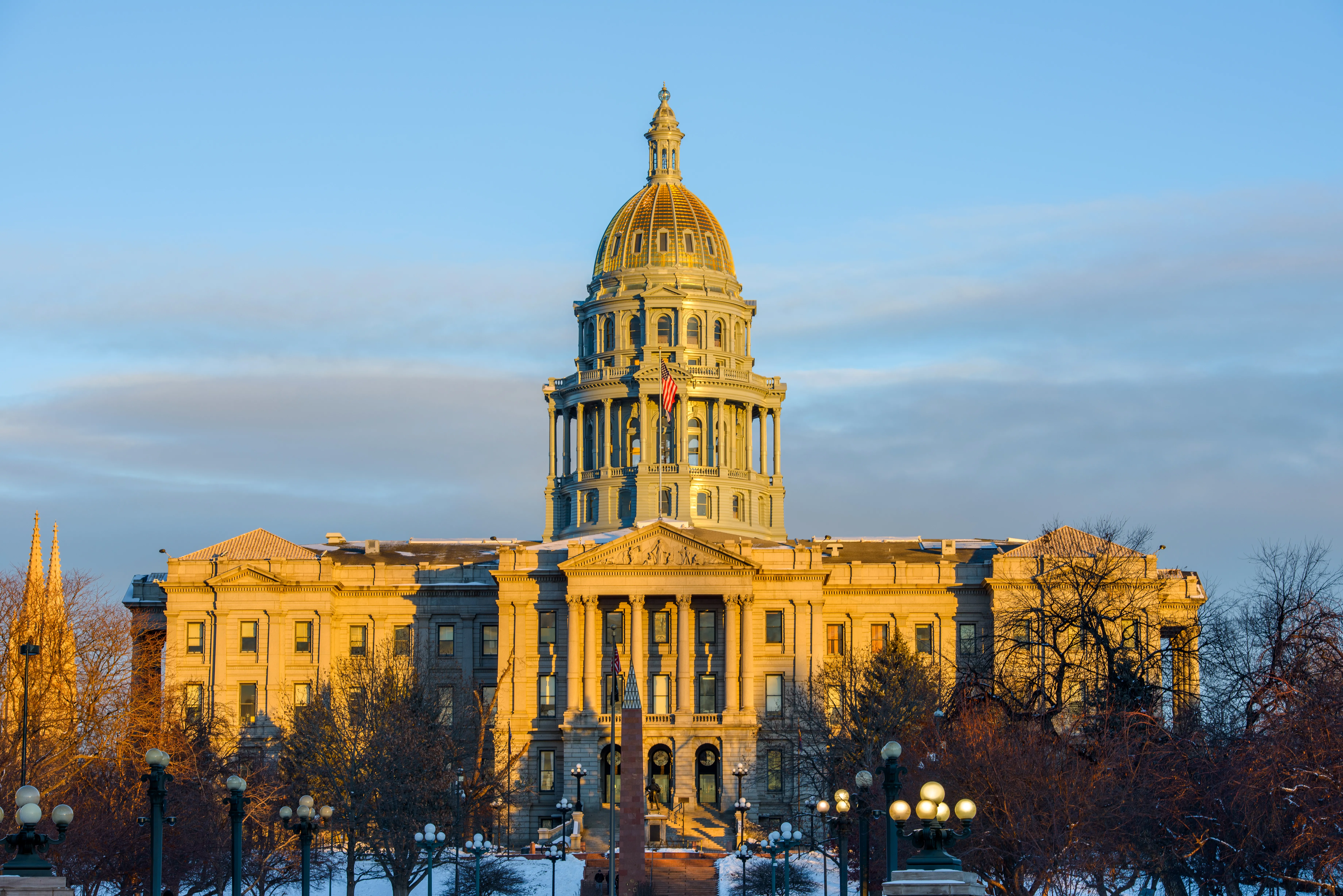
North Dakota projected to have $850 million in excess funds next session
© iStock - Ligorko
(The Center Square) - Some North Dakota lawmakers may be experiencing deja vu as the 2023 session is looking a lot like the 2013 session, according to a legislative budget analyst.
Lawmakers will have an estimated $850 million in excess funds when they return to work in January, according to budget analyst Allen Knudson, who spoke to the Government Finance Committee during a two-day session focusing on the state's financial picture.
Like 2013, the money is coming from all-time highs in the general fund, a large amount of one-time funding and millions from the Legacy Fund, Knudson told lawmakers during a presentation to the Government Finance Committee.
The high-oil prices are also benefiting the state, Jim Diffley of S&P Global told the committee during the meetings.
Lawmakers will have $487 million available from the Legacy Fund, which collects taxes on oil extraction and production, according to Knudson's presentation.
The budget gap from ongoing revenues and appropriations is also decreasing and should decline from a projected $400 million to $290 million by the 2023-2025 biennium, Knudson said.
Lawmakers and Gov. Doug Burgum are already planning how to use the excess funds.
Last month Burgum, Tax Commissioner Brian Kroshus and House Tax Committee chairman Rep. Craig Headland, R-Montpelier, announced a plan that would eliminate the state income tax and replace it with a flat tax. Their plan would save taxpayers about $250 million a year.
State income taxes would be erased for single filers making $54,725 or less and married fliers making $95,000 or less, according to the plan, which would affect about 388,000 North Dakotans. Those who make more money would pay a flat tax of 1.5 percent. The current rate is 2.04 percent to 2.9 percent, according to the news release.
About 60 percent of North Dakota taxpayers would no longer pay income tax.
Other lawmakers are proposing a 25 percent statewide property tax reduction, members of the committee said.
"There will be substantial pressure on the Legislature to increase their ongoing spending and decrease ongoing revenues," Knudson told the committee. "But one word of caution, to the extent that you can it would be very good to use the one-time revenues for those tax relief and spending needs rather than it affecting our ongoing revenues and spending."















